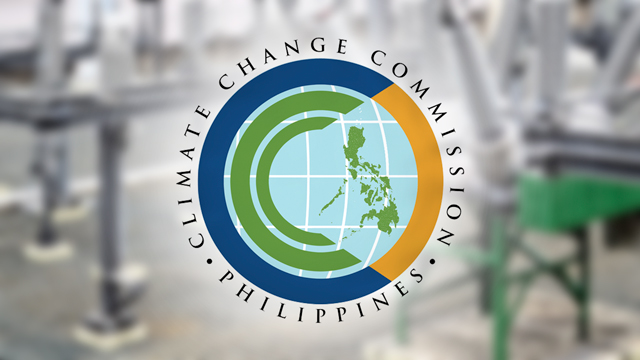
MANILA, Philippines – For the next 6 months, the Philippine government will embark on a comprehensive review of its energy policy aimed at cutting down dependence on coal, while taking into consideration the reality of climate change in crafting national and local development plans.
On May 18, President Benigno Aquino III, chair of the Climate Change Commission (CCC), signedCommission Resolution 2016-001, which mandates the CCC to lead key government agencies in harmonizing policies and regulations on new and existing coal-fired power plants.
The Department of Environment and Natural Resources, the Department of Energy, and the National Economic and Development Authority will help assess the impact of these power plants on the environment.
The agencies will also formulate development plans which include low-carbon development, and climate change adaptation and mitigation strategies. (READ: 6 ways climate change will affect PH cities)
The review will be "in accordance with a low carbon development pathway, and national goals and targets for climate change mitigation and adaptation, disaster risk reduction and sustainable development," the resolution read.
"We are happy that President Aquino signed the resolution, which is a major step to steer the country away from coal and accelerate the transition to clean, renewable energy that is consistent with our efforts to fight climate change and pursue the development of a green economy," Emmanuel De Guzman, vice chair of the CCC, said in a statement on Thursday, May 26.
"It is the obligation of the government to act to save the people from climate change and not wait. The poor and the vulnerable stand to lose if we don't act with urgency," he added.
Coal-fired power plants, according to the CCC, are the biggest source of man-made carbon emissions, accounting for about 35% of global greenhouse gas emissions.
The Commission noted that the review is an urgent and necessary one, given the growing number of new coal power plants in the Philippines.
The review, De Guzman said, will also enhance energy efficiency and conservation in the country, and ensure clean, affordable, and reliable energy.
PH laws, int'l commitments
Philippine laws such as the Electric Power Industry Reform Act of 2001 and the Renewable Energy Law of 2008 push for environment-friendly, indigenous, and low-cost sources of energy. (READ: TIMELINE: PH policies on climate change and disaster management)
Low carbon development is also part of the country's international commitments, starting with the United Nations Framework Convention on Climate Change, and its intended nationally-determined contribution.
In October 2015, the Philippines pledged to cut by 70% its carbon emissions by 2030– a target conditional on assistance from the international community.
These carbon emission reductions will be taken from the energy, transport, waste, forestry, and industry sectors – the country's major sources of carbon emissions.
In December 2015, the Philippines and other nations agreed on a global climate pact which aims to keep global temperature rise this century to below 2 degrees Celsius.
Four months later in April 2016, 175 countries including the Philippines signed the Paris climate deal.
The country is also committed to the Sendai Framework on Disaster Reduction Risk Reduction 2015-2030 and the 2030 Agenda for Sustainable Development.
"Philippine climate ambition is predicated on changing our energy pathways that ensure we send the right policy signals to the investment community and generate jobs for the modern economy," De Guzman said.
He added, "We must aim for nothing less than the transformation of the Philippine economy with a low carbon energy development pathway." – Rappler.com